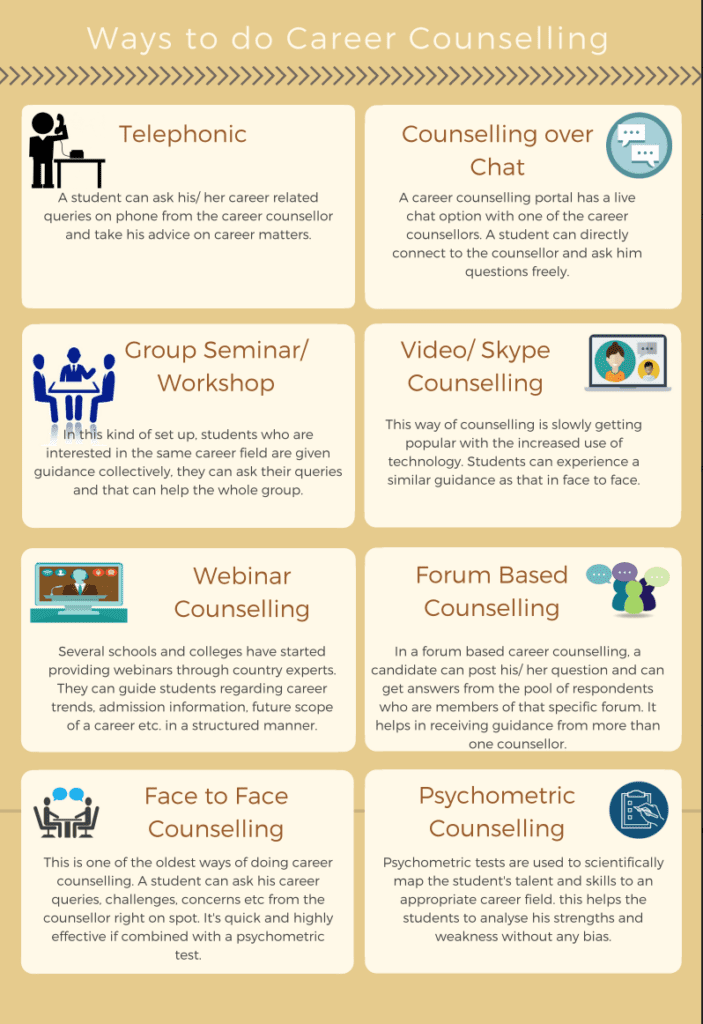Job insecurity or instability is a very common concern for working professionals, especially for contractual or freelance workers. You never know when you’re going to lose the job and get replaced by someone better on the waiting list. Every person goes through these feelings of being incapable, incompetent, and inferior in comparison to others or that you don’t deserve the job you currently have in working professionals. There could be many external reasons as well, like a shifting economy, market changes, or company turn-off, merger, or takeover. This can lead to layoffs or downsizing and outsourcing of many workers. Due to this, there’s an ongoing trend of doing more than one job at the same time or quickly shifting to alternate jobs. And there’s certainly a lot of stress and anxiety that comes with these concerns and issues of job insecurity. You will read about “4 Strategies To Deal With Job Insecurities For Working Professionals” in this blog.
Know your professional skill index
Take Professional Skill Index test now
The one important thing you should keep in mind while dealing with these problems is to not let them affect your motivation and don’t drown yourself in self-pity. Don’t allow yourself to wallow yourself in this, it’s incredibly crucial to understand this and take control of the situation. You should be able to identify the main concerns and try to adopt strategies that can prevent you from feeling this way.
1. Take Care Of Your Health
Coping with uncertainty and insecurities can take a toll on your mental as well as physical health. And it becomes even more important to look after and take care of yourself in these times. It’s very essential to stay positive and upbeat and try to keep your body and mind happy and healthy. Few things you can do include:
- Maintain Link With Positive People: When you surround yourself with positive and upbeat individuals, it helps you to get rid of your stress and makes sure that you are not bottling up your emotions. You should talk to trusted friends and family members who can provide their opinions and realistic suggestions and proper encouragement for you to deal with tough times.
- Get Professional Help: You necessarily don’t have to be on the brink of a mental breakdown or in a highly stuck up situation to take help from a career counselor or mental health professional. When you feel you’re struggling with issues at work, which you can’t handle by yourself, getting professional guidance can be the most useful thing.
Know your professional skill index
Take Professional Skill Index test now
- Adopt And Build Healthy Habits: The food we consume and the thoughts we possess highly influence our mood and other decision-making powers. So, always try to maintain a well-balanced and healthy diet and engage in stress-relieving exercises. Regular exercise and practicing yoga or meditation can help keep your mind more resilient and help you cope better.
2. Prove Your Skills And Understand Your Value
You can feel highly demotivated when you think that the company might let you go. But don’t let these feelings affect your work performance, if you deliver highly exceptional work, this will give them a reason to reconsider their decision. So, as a working professional always try to be the best at all times and complete every task and project with utmost dedication. This can help your employer to evaluate your performance and extend your term or make you permanent. And even if you’re asked to leave the job, you can do that with a positive outlook and your head held high. You need to understand your capabilities and that you’re capable of doing so much better if one thing didn’t work out. Because you’ll be content that you showed exceptional skills and performance, and this can also help in getting a new job when the employer might give a good recommendation letter for you.
Know your professional skill index
Take Professional Skill Index test now
3. Always Be Open To New Learning Opportunities
As a working professional, there’s always a new skill or technique you can develop and master. Always try to build your skills and capabilities and grasp all the opportunities that come your way. You can also explore new jobs in other departments of your company and see if they match your skills. Try to network more with working professionals in your industry and outside by attending job fairs, seminars, or lectures. You can also look for other jobs in your free time or over weekends. You should also keep your LinkedIn profile and resume up-to-date so in case you find any opportunity you can quickly apply for it.
4. Save Money And Make A Plan
Job insecurity can induce more stress when you feel you can’t control it or don’t have any backup planned out. But you can take back the control and actively try to set new career goals for yourself. You should use the SMART technique and make an action plan. And along with that, you can also save up for any emergency in case you lose your job. Maintain an emergency fund and save a good amount of money from your regular salaries which you can use in the future. This will reduce your tension of paying for bills and other necessary utilities. You can also check career clarity service.
Know your professional skill index
Take Professional Skill Index test now
5. Career & Job Switch Guidance

Job switching, commonly referred to as job hopping, is a tendency of changing employers frequently in search of better employment or pay opportunities. A person’s aspirations, rather than events like a layoff or a company closing, are typically what lead to a job change. After working somewhere for a while, changing jobs is common. The two most important factors for changing jobs across industries are believed to be growth and income.
It is difficult to leave a job, and there may be stressful situations in your professional life. However, there is always a good time to change jobs. There are numerous previous causes for it, like the fact that your current job isn’t challenging you, your employer is about to fail, your life has significantly altered, your coworkers foster a hostile work environment, etc. Know More Details on CAREER & JOB SWITCH GUIDANCE.














